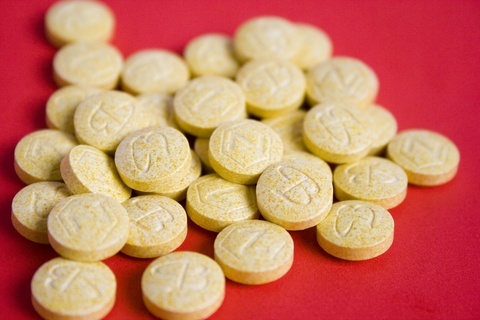DHEA and Poor Response to IVF

When one gets told that they had a “poor response to IVF”, the natural response is to look for solutions. Options can be different IVF protocols that the doctor may try or different supplements that they may suggest. One of these supplements to help combat a poor response to IVF that many doctors are prescribing is DHEA.
Read more about how DHEA is used for “poor response to IVF” patients in an excerpt from Planting the Seeds of Pregnancy: An Integrative Approach to Fertility Care.
DHEA
DHEA or dehydroepiandrosterone is a natural hormone precursor that gets converted to estrogen and testosterone in the adrenal glands and ovaries. DHEA levels decrease with age (Harper et al., 1999), and its replacement in the form of a supplement may have anti-aging effects, relieve menopause symptoms, and boost athletic performance as an alternative to anabolic steroids (Arlt, 2004).
DHEA’s use in fertility is gaining acceptance—with an increasing number of fertility doctors encouraging DHEA in women with poor response to IVF medications and diminished ovarian reserve as a way to improve egg quantity and quality.
The evidence for DHEA use in women with diminished ovarian reserve has been mixed although positive studies have been published recently. An early study from Baylor University showed an increase in egg numbers in five women taking DHEA for two months (Casson et al., 2000). Another study with 25 women showed higher egg and embryo number in the women’s second IVF cycle compared to their first cycle after taking DHEA (Barad and Gleicher, 2006).
As always, talk to your healthcare provider before starting DHEA or any supplements but especially with DHEA as it is a precursor to testosterone.





